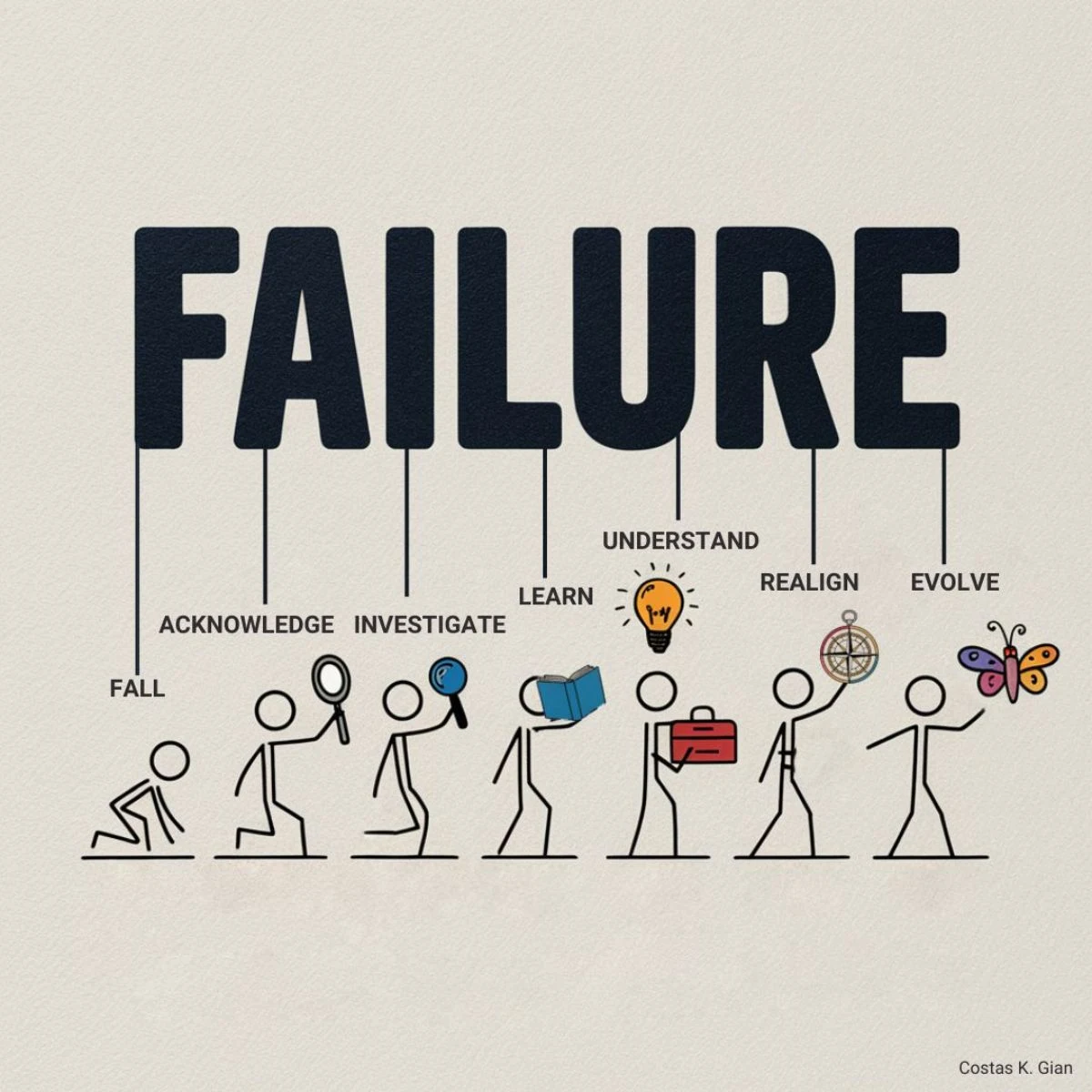
How to Handle Criticism and Failure Positively: A Guide for Children
In today’s competitive world, children face constant feedback, from teachers, parents, coaches, and even friends. While praise is easy to accept, criticism and failure can feel hard to handle, especially for young minds. But here’s the truth: criticism and failure are not the end, they are powerful stepping stones to success.
At Sandhya Bajaj Academy, we believe teaching children respond to setbacks because this is as important as teaching them academic skills. This blog will help parents and educators equip kids with resilience, confidence, and a positive attitude towards feedback.
Here are the 7 steps that can help children handle criticism effortlessly.
- Shift the Mindset: Failure is Feedback
Help your child understand that failure is not a sign of weakness, it’s a sign of trying.
- Use examples of famous personalities (like Thomas Edison, who failed 1,000 times before inventing the bulb).
- Encourage phrases like: “What can I learn from this?” instead of “I can’t do this.”
Parent Tip: Share your own stories of when you failed and what you learned, children learn and lead by example.
- Differentiate Between Constructive and Destructive Criticism
Not all criticism is the same. Teach your child to:
- Accept constructive criticism (advice given to help improve)
- Ignore destructive criticism (comments meant to hurt, not help)
Activity: Role-play different scenarios with your child and ask them to guess whether the feedback is meant to help or harm.
- Pause Before Reacting
Kids often take criticism personally and react instantly. Teach them to:
- Take a deep breath.
- Count to 5 before replying.
- Respond, don’t react
- Say thank you to the person for their feedback
This pause shows maturity and keeps the conversation positive.
- Build Emotional Resilience
Criticism stings less when children have high self-worth. Help them:
- Celebrate small wins daily.
- Keep a “Proud Moments Journal” to revisit during tough times.
- Spend time on hobbies and passions that boost their confidence.
- Teach the “Next Step” Approach
After failure or criticism, ask:
- Where did I go wrong?
- What can I do differently?
- What’s my next step?
4. Anything I need to learn or upgrade?
4. Any teacher or my parent or any mentor who can help me to sail through this situation effortlessly?
This turns setbacks into a problem-solving exercise instead of a self-esteem blow.
- Encourage a Growth Mindset Language
Replace:
- “I’m bad at this” → “I’m still learning this.”
- “I failed” → “I learned what doesn’t work.”
- “I can’t” → “I can’t yet.”At Sandhya Bajaj Academy, we place special emphasis on nurturing our internal dialogue. This inner voice can either become the devil that dominates our thoughts, keeping us trapped in a victim mindset… or it can be our hero, inspiring us to think like a warrior, take charge, and get things done.Through our 21-day personalised affirmations, we witness a drastic shift in mindset from self-doubt to self-belief, from hesitation to confident action.
- Model Positive Handling of Criticism
Children mirror adult behaviour. Let them see you:
- Accept feedback with grace.
- Laugh at small mistakes.
- Move forward without dwelling on failure.Children are not shaped by our words, but by the life we live in front of them. They absorb our habits, our mindset, and our energy every single day.
Final Word
When children learn to see criticism and failure as stepping stones rather than stumbling blocks, they develop a powerful life skill, resilience. They stop fearing mistakes and start embracing growth.
As we tell our students at Sandhya Bajaj Academy:
“A setback is just a setup for a stronger comeback.”
Through simple but powerful tools in our Personality Development Program, we help kids to:
- ✅Express themselves clearly and confidently without fear or hesitation.
- ✅Command presence in classrooms, social gatherings, and even on stage
- ✅Build confidence from the inside out, starting with posture, eye contact, and self-awareness .
Final Thought from Sandhya Bajaj
Confidence isn’t about being loud, flashy, or always in the spotlight.
It’s about feeling secure, seen, and strong in your own skin.
That strength doesn’t require big leaps, it begins with a gentle smile, a tall spine, and a confident gaze.
At Sandhya Bajaj Academy, our Personality Development Program helps children cultivate these foundational life skills one simple, powerful habit at a time.
To deepen this transformation, we pair it with our 21-Day Heal What You Feel program, a guided emotional wellness journey for both kids and parents.
In just 21 days, your family will experience the magic of:
- Gratitude rituals
- Daily affirmations
- Personal grooming as self-respect
- Journaling for emotional clarity
- Mindset shifts that last
We don’t just raise toppers.
We raise emotionally strong, confident individuals.

